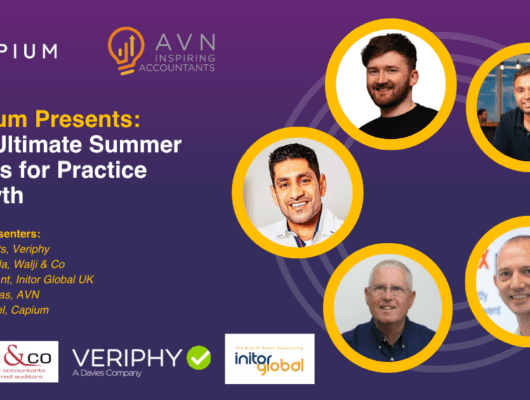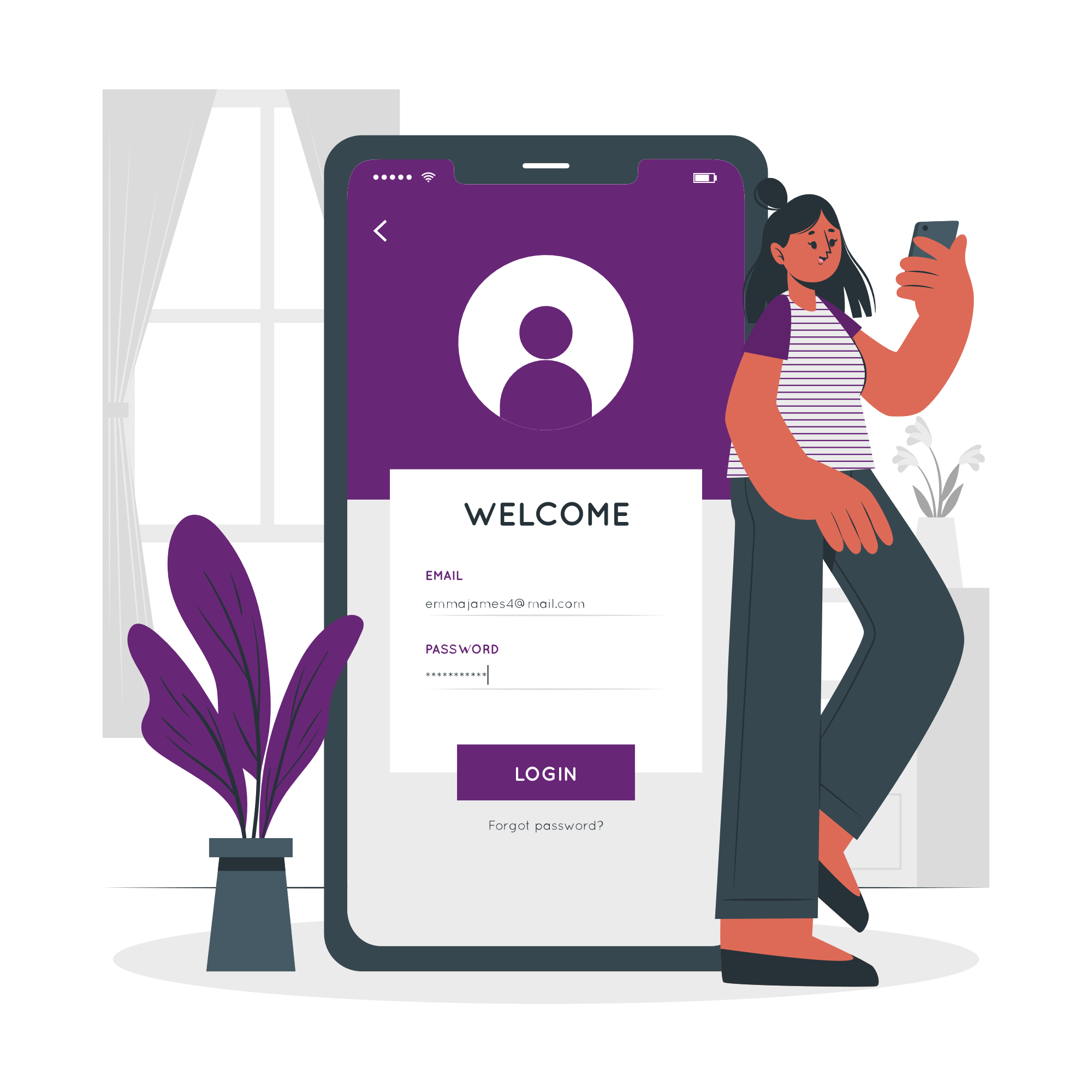In the past decade, accounting has been turned upside down by the arrival of cloud software, but firms that grasped the opportunity have generally thrived.
If you’ve been an accountant for any time at all, you’ll remember the headlines in the tech and trade press: “What exactly is cloud computing?”
Like blockchain in more recent times, it was a buzzword with a lot of glamour and most people hadn’t actually worked out how to do anything useful with this new technology.
Why would you want to use a cloud-based app with limited functionality when you could use a fully-featured package on your desktop computer?
Accountants were used to dealing with bags and boxes full of crumpled paper, delivered in person by clients. It was a fact of life.
If you were lucky, you might get electronic records on a USB stick (remember how cool we all thought those were?) or attached to an email.
Even with the best will in the world, it was a data management and version control nightmare, not to mention inherently inefficient.
Slowly, though, cloud software matured, and smartphones and tablets became ubiquitous. Instead of clicking around on the tiny buttons of BlackBerry phones or chunky laptops, people could do serious business on the train, in parked in a layby or at home on the sofa.
The killer feature when it came to cloud accounting was, arguably, the ability to scan paperwork and have software extract key data from invoices and receipts – the kind of thing that would have seemed like science fiction even 20 years ago.
As a result, in around 2015, the headlines began to change: “Could cloud technology make accountants redundant?”
If cloud apps could essentially allow non-specialists to manage their own bookkeeping, generate reports, run payroll and manage tax and VAT returns, it left slim pickings for some in the profession who had made their livings churning out basic services.
It was at this point that some accountants made the fateful decision to resist. “It’s a fad,” they said. “Professionals use spreadsheets and desktop software – and you can’t automate expertise.” But they were wrong, and swimming against the tide.
The arrival of Making Tax Digital (MTD) only served to drive that point home. Announced in the 2015 Budget by then-chancellor George Osborne, MTD set out the Government’s vision of a fully-online UK tax system.
For cloud advocates, this was a powerful lever: not only is our software more efficient and easier to use but it’s also the fastest, simplest way to get MTD-ready.
Smart accountants saw the way the wind was blowing. They made themselves cloud experts, and their practices cloud-friendly. They recognised that even clients using cloud accounting apps would want:
- the reassurance of an accountant’s eye on the outputs
- help with complexities that defy automation
- and strategic business advice.
It’s that last point that has really turned cloud software into an opportunity rather than a threat. If you make smart use of cloud apps to handle routine accounting and practice management tasks, you can operate a leaner, more profitable accountancy firm.
You also free up your time to focus on more challenging, more rewarding work.
And now, of course, we have a generation of accountants who trained and qualified in the cloud era becoming partners, or setting up their own practices. For them, it isn’t new or remarkable – it’s business as usual.
With machine learning finally becoming practically useful, we’re excited to see where the industry goes in the next decade.
Capium practice management software helps accountants get the most out of the cloud. Get in touch to find out more. Book your free demo today








